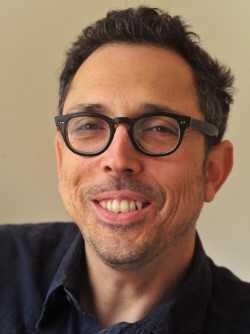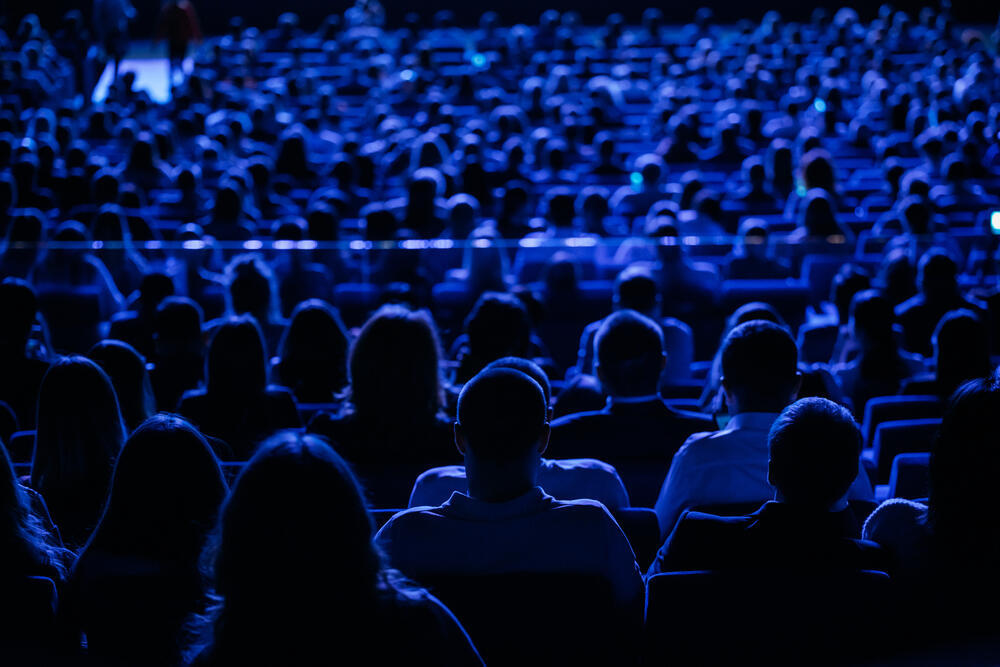Getting your Trinity Audio player ready...
I'm aware the executive and judicial branch are on a collision course like two oncoming trains (with the former already having been derailed). Additionally, there are various unsettling global issues, like the simmering tensions akin to a cracked hard-boiled egg in a pan. Tragically, in Morocco, a significant loss of life has occurred.
Read more:
It feels as though reality has taken on a menacing form, something to be concealed in a dim and cool space, with clearly marked exits and fire safety measures, preferably in the presence of others who also seek refuge from the unpredictable nature of life. This evokes imagery reminiscent of a theater or cinema experience.
Throughout human history, we have sought refuge from reality, initially in caves, then around campfires, and eventually in dimly lit halls. It was in the 5th century BCE that Aristotle, a philosopher revered as the mentor of Alexander the Great and the spiritual father for anything proclaiming to write the ultimate guide on how to write a script for the past three millennia, outlined in his work "Poetics."
According to Aristotle, the essence of drama lies in its ability to recreate and mimic our lives, allowing us to reorganize and observe from a safe vantage point. Through this process, we can attain a deeper understanding of the world and experience a profound "recognition" of its nature.
David Mamet, the acclaimed playwright and renowned theorist of storytelling, expressed in his notable work "Three Uses of the Knife" that the purpose of theater is to discover the truth. Similarly, Bertolt Brecht, in "The Exile of the Poets," emphasized that poets, playwrights and scriptwriters, armed only with the tools of truth and creativity, often find themselves at the forefront during times of deceit and oppression.
Unfortunately, they are sometimes labeled as the "enemies of the people" and subjected to expulsion from society through forceful means like clubs, tear gas and tanks. The reason for this lies in their ability to skillfully craft stories that possess a magical quality capable of captivating audiences, evoking deep emotions and prompting introspection.
Through their narratives, they can make people fall silent, pause, look upward, listen intently and experience a range of emotions, including shedding tears. This power of storytelling holds the essence of truth and resonates profoundly with audiences, reminding them of the realities of the world.
So now that we've established that theaters and cinemas are houses of worship for the truth, I come before to humbly declare of an impending cultural calamity that as far as I am able to discern, is unique to Israel.
What am I talking about? The fact that the Israeli audience is utterly incapable of maintaining his attention span for merely two hours without opening their WhatsApp, taking a call ("Yeah I'm in a play. Yeah listen I can't talk right now. Really? What did he say?"), buying flip flops on Amazon, checking sports scores, flicking between meaningless Instagram stories, checking the time and uttering "I'll try" to my ever so brazen request to keep his trap shut so I can actually tell if Oppenheimer has decided to split the atom.
 Boaz GaonPhoto: Osnat Ben-Dov
Boaz GaonPhoto: Osnat Ben-DovSocial networks and communication apps have accustomed us to experiencing the universe as if it revolves around us, culminating in the loss of our ability to live in the moments between notifications. As a result, many people in the Israeli audience prefer to buy ear cleaners online while attending a play or movie, and they ignore those sitting in front of them, behind them and beside them.
Which leaves me pondering the origin of the crippling fear Israelis experience when confronted with a moment of silence. What shameful exhibit will they be forced to behold when light ventures forth? Or is it the other way around? Is it the lack of will to relinquish this masochistic moment of euphoria that accompanies the obsession of watching other people's lives on social media?
Either way - Just close your f****ng phone!
Boaz Gaon is an author and screenplay writer


